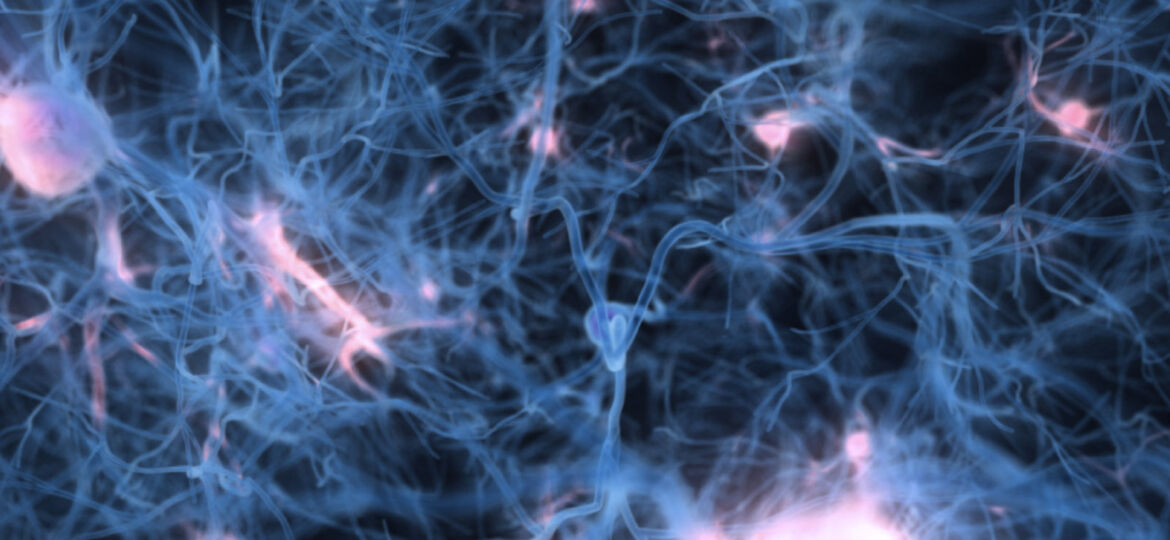
WHY THIS MATTERS IN BRIEF
Neurons play a crucial role in helping ensure our bodies run smoothly, but when they’re damaged, or degrade there can be dire consequences, from dementia to quadriplegia, this breakthrough might let us restore, or even enhance, neurological functions.
Researchers have built the world’s first artificial neuron that’s capable of mimicking the function of an organic brain cell – including the ability to translate chemical signals into electrical impulses, and communicate with other human cells.
These artificial neurons are the size of a fingertip and contain no ‘living’ parts and the team is working on shrinking them down to the nanoscale so they can be implanted into humans. This could allow us to effectively replace damaged nerve cells and develop new treatments for neurological disorders, such as spinal cord injuries and Parkinson’s disease.
“Our artificial neuron is made of conductive polymers and it functions like a human neuron,” said lead researcher Agneta Richter-Dahlfors from the Karolinska Institutet in Sweden.
Until now, scientists have only been able to stimulate brain cells using electrical impulses, which is how they transmit information within the cells. But in our bodies they’re stimulated by chemical signals, and this is how they communicate with other neurons.
By connecting enzyme-based biosensors to organic electronic ion pumps, Richter-Dahlfors and her team have now managed to create an artificial neuron that can mimic this function, and they’ve shown that it can communicate chemically with organic brain cells even over large distances.
“The sensing component of the artificial neuron senses a change in chemical signals in one dish, and translates this into an electrical signal,” said Richter-Dahlfors, “this electrical signal is next translated into the release of the neurotransmitter acetylcholine in a second dish, whose effect on living human cells can be monitored.”
This means that artificial neurons could theoretically be integrated into complex biological systems, such as our bodies, and could allow scientists to replace or bypass damaged nerve cells, potentially reversing paralysis. So imagine being able to use the device to restore function to paralysed patients, or heal brain damage.
“Next, we would like to miniaturise this device to enable implantation into the human body,” said Richer-Dahlfors, “we foresee that in the future, by adding the concept of wireless communication, the biosensor could be placed in one part of the body, and trigger release of neurotransmitters at distant locations.”
“Using such auto-regulated sensing and delivery, or possibly a remote control, new and exciting opportunities for future research and treatment of neurological disorders can be envisaged,” she added.
The results of lab trials have been published in the journal Biosensors and Bioelectronics.
While the potential for treating neurological disorders using this new discovery is exciting, the artificial neurons could one day also help us to supplement our mental abilities and add extra memory storage or offer faster processing – and that opens up some pretty awesome possibilities.
















